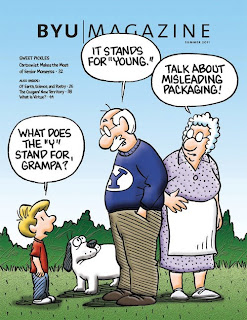Here is a sample introduction from the Communications merit badge book:
Thanks for coming today. We have a special guest speaker today, Detective Tom Jackson with the Minneapolis Police Department. Detective Jackson is a 10-year veteran of the police department and has solved many puzzling crimes in our area. He has a bachelor's degree in law enforcement from Iowa State University. When he is not working, he teaches karate and coaches Little League baseball. Detective Jackson has graciously agreed to speak to us today about his position and other career opportunities in law enforcement. Please welcome Detective Jackson.
And here is another sample introduction for a Scout group (found on the Internet):
Careers in corporate law are of great interest to our Explorer post. Tonight, we are honored to have a speaker whose experience and background will highlight these careers. After graduating from the Georgetown University School of Law, our speaker was assistant U.S. attorney for Ohio for three years before joining the legal staff of the General Foods Corporation. She belongs to the American Bar Association, Corporate Lawyers League, and United Fund Board, and chairs our County Legal Aid Society. She received the Governor’s Medal for Juvenile Justice and was elected to the Georgetown University Outstanding Alumni. Currently, she is the director of General Foods’ legal department, serves as counsel to the board of directors, and has extensive legal experience in copyright law, patents, and product liability. Leisure time is spent with her husband and sons either restoring their Victorian home or skiing in Colorado. “It is a pleasure to present . . . Jane Smith.







